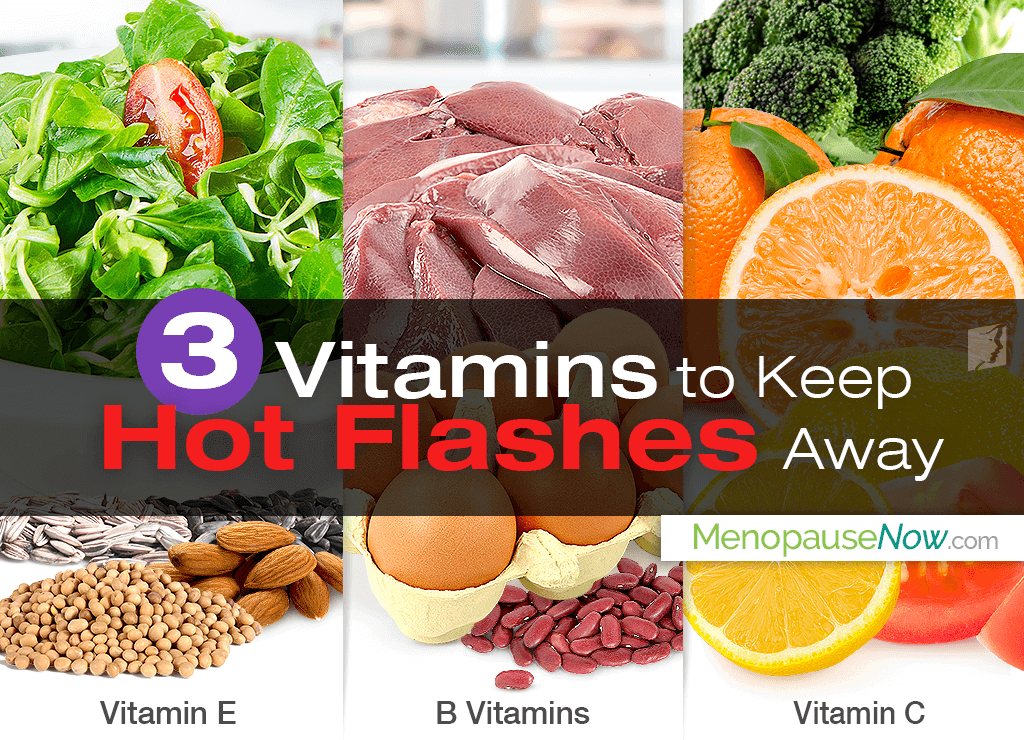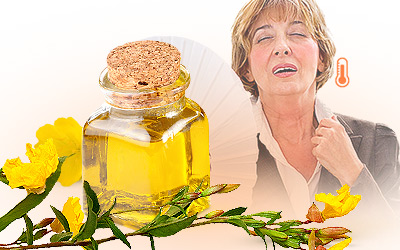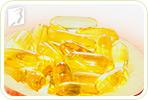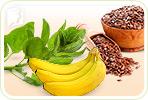Although there are effective pharmaceutical treatments for hot flashes, many women would rather pursue more natural means of controlling the bothersome symptom. As such, adding some vitamins good for hot flashes into the diet can help these women find ultimate relief. Continue reading to learn which three vitamins for hot flashes are worth taking.
Vitamin E
Vitamin E has been on the radars of researchers for years, proving its efficacy against hot flashes time after time. One study reported a significant decline in the occurrence of hot flashes after a week of vitamin E supplementation in comparison with a placebo.
While it is not fully understood how vitamin E helps to regulate menopause symptoms, its antioxidant properties are commonly used to prevent various health conditions associated with an age-related decrease in estrogen characteristic of the menopausal transition.
The vitamin to help with hot flashes can be found in many food sources, including seeds, nuts, spinach, and soybeans. Beware of overdosing through supplementation as it can increase one's risk of bleeding.
B Vitamins
B vitamins and hot flashes go hand in hand. Vitamin B12 is not only important for energy levels and strength, but also for hot flash relief during menopause. Its deficiency is likely to cause weakness and fatigue, symptoms which can exacerbate the occurrence of hot flashes. Moreover, folic acid, a form of folate (B9), has been scientifically found to decrease severity, duration, and frequency of hot flashes during menopause.
Increase your vitamins B12 and B9 intake by consuming more animal livers, legumes, eggs, kidneys, clams, and fortified options, such as cereals and nutritional yeast.
Vitamin C
Like B vitamins, vitamin C is not a direct antidote to hot flashes, but boosting your intake could help prevent hot flashes due to its antioxidant properties. This well-known vitamin to reduce hot flashes also strengthens your immunity and contributes to bone health by slowing down the bone turnover to loss ratio. The better your overall well-being, the less intense and frequent your hot flashes are likely to be.
Vitamin C is found in abundance in citrus fruits such as oranges, limes, and lemons; tomatoes; broccoli; and leafy greens.
More Information
While vitamins for menopause hot flashes undoubtedly play a role in symptom relief, taking part in proper management techniques is important for combating them, too. Where you can, avoid environments that are likely to be overheated, and situate yourself next to a window where possible for a cool breeze. Experiment with different ways to remain consistently cool, and stick with whichever methods work for you and your lifestyle.
For long-term alleviation, learn about the various natural and effective hot flash treatments that tackle the root cause of hormonal imbalance by clicking on the previous link.
Sources
- Bani, S. et al. (2013). The Effect of Folic Acid on Menopausal Hot Flashes: A Randomized Clinical Trial. Journal of Caring Sciences, 2(2), 131-140. doi: 10.5681/jcs.2013.016
- Doshi, S.B. & Agarwal, A. (2013). The role of oxidative stress in menopause. Journal of Mid-Life Health, 4(3), 140-146. doi: 10.4103/0976-7800.118990
- Mayo Clinic. (2018). Hot flashes: Diagnosis & treatment. Retrieved June 6, 2019, from https://www.mayoclinic.org/diseases-conditions/hot-flashes/diagnosis-treatment/drc-20352795
- National Institutes of Health. (2018). Vitamin E. Retrieved June 6, 2019, from https://ods.od.nih.gov/factsheets/VitaminE-HealthProfessional/
- Ziaei, S. et al. (2007). The effect of vitamin E on hot flashes in menopausal women. Gynecologic and Obstetric Investigation, 64(4), 204-207. doi: 10.1159/000106491




